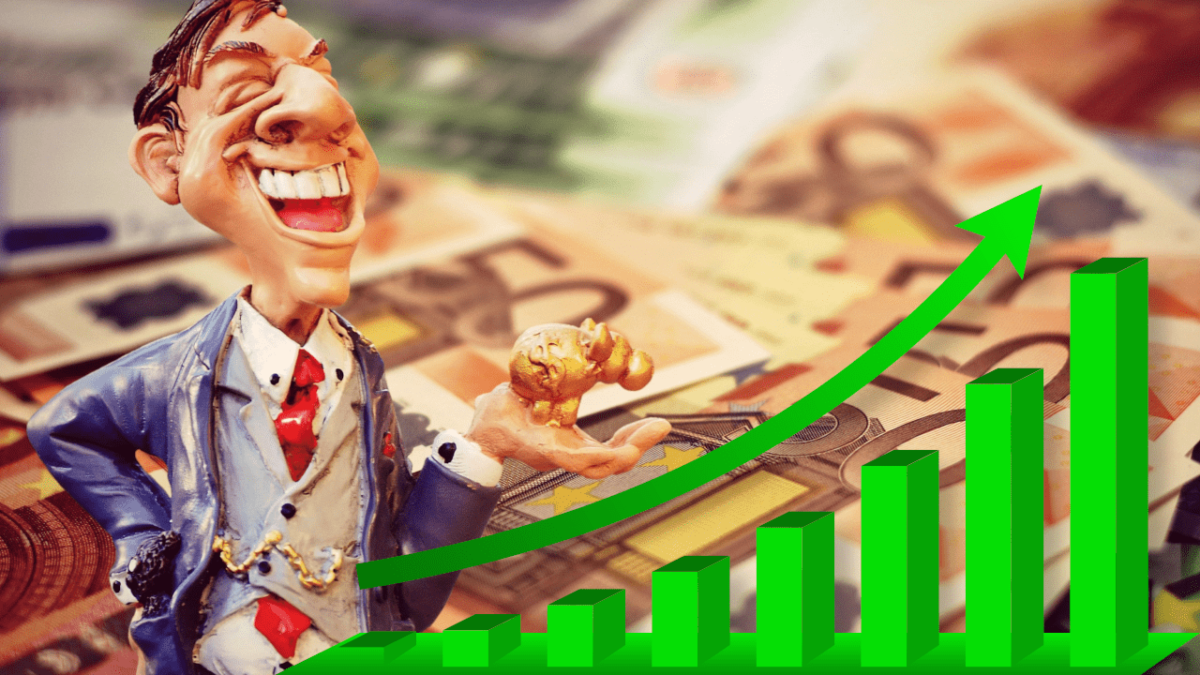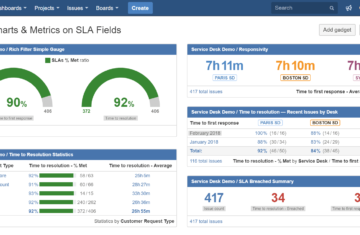The speculator can be defined as the person who guesses the prices of shares or securities and monitors the changes that will occur in them (decrease or rise), and he also trades in them based on the expectations he sets, which may make the trader wealthy and have a good budget to provide assistance or contribute to some business. Accordingly, the speculator uses special strategies, such as monitoring long-term trading statistics and performance, to try to beat traditional investors by anticipating changes in prices.
Traits of a successful speculator
The speculator must possess some special qualities that make him successful in his field of work, as is the case in various other jobs. The most prominent of these qualities can be clarified by the following:
Rational thinking
The speculator needs to have the ability to objectively analyze markets, events, and businesses correctly, as well as the need to think and make important decisions related to measured facts and use reason rather than emotion to successfully guess prices.
Pattern Analysis
Tracking patterns or the sequence of things and events helps to be able to predict things before they happen, so that the speculator can discover shortcomings faster than the rest.
Independent thought
A good speculator should not follow the prevailing opinion of the market or the majority, but rather use independent thinking and rely on self-effort to come up with the right evidence and predictions to make the necessary guess.
Market Experience
A good speculator needs to have good experience and experience in the market to diversify and delve into all the things and events that can happen in it, and this helps give the speculator the ability to choose the right time to invest his money and make his next move.
Emergency planning
Where the successful speculator must develop alternative plans in the event that things go against what is expected, it is not enough to study patterns and evidence and form an opinion based on that.
Risk control
It requires the speculator to take risks in making speculations and guesses and acting on them, and accordingly, he must control the risk he takes so that it falls within reasonable limits that will not cause huge losses in the event of failure.

Types of speculators
There are four main types of speculators, which can be clarified by the following:
The optimist or bullish
This type of speculation refers to people who expect the price of securities to rise, as they buy shares and securities at less than their actual value to sell them when their price rises in the future, and the profit is directly related to the rise in share prices. If their prices drop, the speculator will lose, and if they rise, he will achieve the desired profit.
The pessimistic or bearish speculator
The concept of the pessimistic speculator refers to people who believe that a certain class of securities or the market in general will go down, and then they will try to take advantage of the decline in prices to buy shares. Some individuals may borrow some shares and then sell them to other parties, and when their prices drop, they will buy them back and return them to the lender.
Short-term speculators
It can also be called a “day trader,” a person who tries to take advantage of changes in the market in the short term, as these speculators search for securities in which a large change may occur in a short period, which means large profits within a short period.
The speculator is unfulfilled
This type of speculator refers to individuals who have not been able to fulfill their trading obligations due to their bankruptcy or are about to become bankrupt due to their inability to cover trading losses incurred as a result of market fluctuations.
Pros and cons of speculation
Speculation has many advantages and disadvantages, the most important of which are explained by the following:
Pros of speculation
The main advantages of speculation are as follows:
- Supporting the economy: Some speculators take risks by investing in companies whose value is expected to decrease, which supports these companies and thus contributes to helping the country’s economy.
- Maintaining market liquidity: through active trading, this will contribute to raising the market’s flexibility and value.
- Risk tolerance: When speculators take risks, this means that financing will be more available to companies and institutions in the economy.
Disadvantages of speculation
The main disadvantages of speculation are as follows:
- Making unreasonable changes in prices: so that high or low valuations affect the general picture of prices will have long-term effects, although these changes are temporary.
- The occurrence of economic bubbles: economic bubbles occur as a result of increased demand for one type or class of securities due to an irrational rise in prices.
Read also: The most important financial crises



